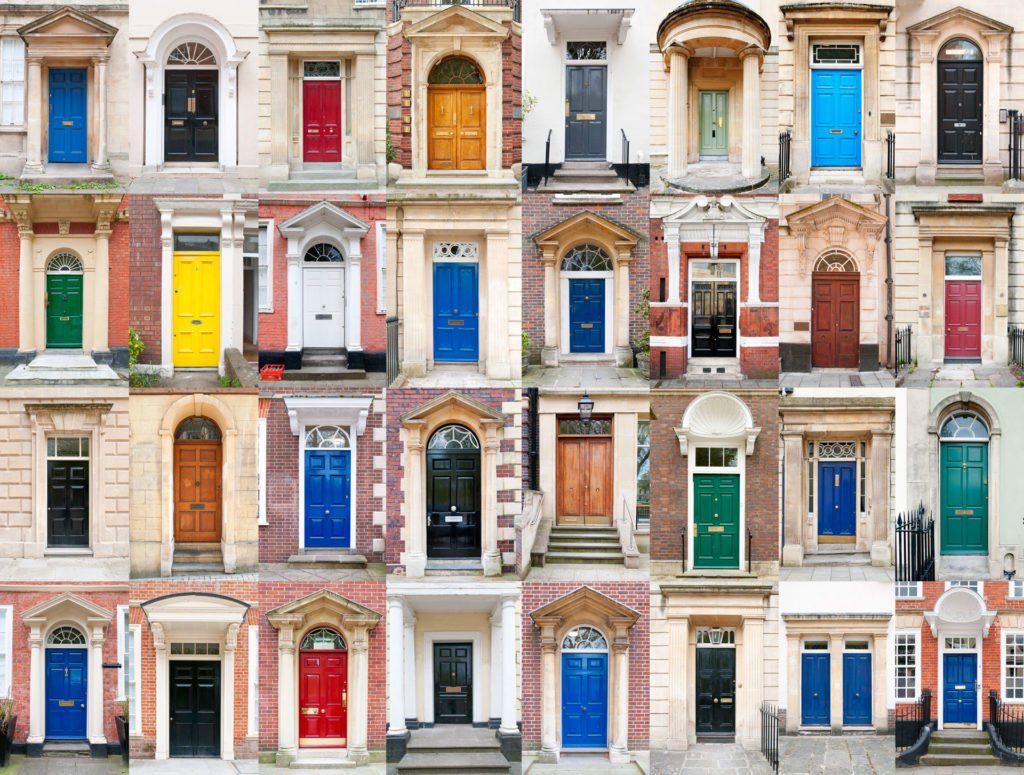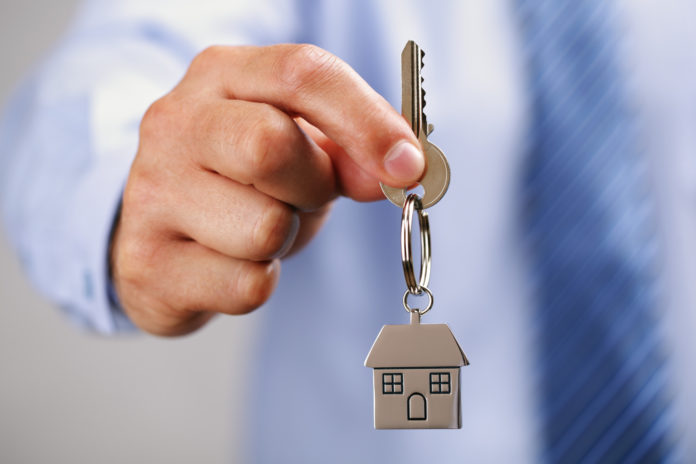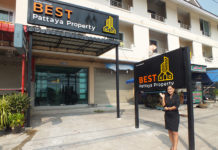With over 70 countries in the world (China as the biggest), owning a property in leasehold is compulsory and therefore nothing out of the ordinary. Most flats in London (boasts some of the world’s highest property prices) for example are all in leasehold.
Yet, still many people get confused whether leasehold ownership is a safe bet or not.

Let me try to explain what the situation is; mostly applied on condos by the way.
A leasehold estate is an ownership of a temporary right to hold land or property in which a lessee or a tenant holds rights of real property by some form of title from a lessor or landlord. Although a tenant does hold rights to real property, a leasehold estate is typically considered personal property.
Leasehold is a form of land tenure or property tenure where one party buys the right to occupy land or a building for a given length of time. As lease is a legal estate, leasehold estate can be bought and sold on the open market. A leasehold thus differs from a freehold where the ownership of a property is purchased outright and thereafter held for an indeterminate length of time, and also differs from a tenancy where a property is let (rented) on a periodic basis such as weekly or monthly.|
When you begin looking for your new condo, you’d certainly come across the terms “freehold” and “leasehold”. Most first-time buyers are not aware that their condo purchase can be influenced by these two types of tenure. So what’s the difference between these legal terms then? Is it better to purchase a freehold or leasehold?

Buying a condo on freehold means that your purchase comes with full ownership of the property. Legally speaking, you have a permanent ownership of the apartment. A part of your responsibility is to shoulder the cost of repairs and upkeep of the unit. These duties are bound to you unless you decide to transfer the unit on your own volition. On the other hand, buying a condo on leasehold limits your length of ownership of the property based on the stipulations in the contract.
In Thailand, most real estate properties have a 30-year contract.

Also listed in the agreement is the party responsible for repairs and maintenance of the unit. The buyer will likewise have the right to extend the lease depending on the contract. Also, take note that a leasehold condo or any property for this matter is considered a fixed asset so it cannot be freely sold by the leaseholder anytime.
The main advantages of a Leasehold unit are:
It is usually cheaper to buy. It makes sense as you purchase 30 years instead of a full ownership.
Transfer fees are much lower, as for today, only 1.1% of the registered value of the lease at the land department.
The return on investment is logically higher if you decide to use the unit as a rental investment. You bought cheaper but will rent out at the same rate than a Freehold unit.
When you sell the lease; the 30 years registered lease will renew.
What the Thai law says about buying a condo:
Thailand has very specific guidelines regarding foreigners buying Thai real estate such as condos, as well as specific guidelines regarding the differences between apartments and condos. In fact, Thailand definition for “condo” is different from many other parts of the world. While the terms condominiums and apartments are used interchangeably in some countries, they are not in Thailand. Thailand defines an apartment as a residential building that is owned by one person and it has only one title or deed. With a condo, there is ownership of each individual unit and each owner has his or her own title deed.
Registration
Leases for more than 3 years are able to be registered at the Land Office, which will then further protect your interest in the house, as it becomes an encumbrance.
Upon registration, the title deed will then contain your name and particulars as to the lease. The lease contract is then attached to the title deed and maintained at the Land Department.


Let’s further compare freehold and leasehold terms of the following categories:
Privileges of Ownership
Exclusivity of possession is granted on freehold. No doubt about it. The buyer retains his claims on the property perpetually. Also, there’s no pressure on the owner as to when he’d undertake repairs for his property. This is advantageous for owners who have limited financing for the maintenance of their condo.
Leasehold owners are limited in ownership based on a set period of time. This is good for buyers who prefer not owning the property but only the right to live in it or for letting purposes. While the lease contract may state that the property is to be leased within 30 years only, the leaseholder actually has the option to renew the contract to two 30-year leases only if the first contract term has ended. Therefore, the leasehold can actually be obtained for a total of 90 years. If there is a breach of contract or death of the leaseholder however, then the contract is automatically terminated.
Control over the Building
Freehold condo owners have voting rights on the management and control over the building. Such democratic practice provides them with the opportunity to decide upon matters related to the property’s management and other issues.
On the other hand, leasehold owners do not have the privilege to do so. The management and control over the building are accorded to the developer or owner of the property.
Inheritance
A freehold condo owner can pass on the ownership of the property according to his decision. Thai laws permit the owner to do so through inheritance. This is however not allowed for leasehold condos. Upon the death of the leaseholder, the contract is terminated but the ownership has yet to be settled in the court even if the contract bears a succession clause.
Buying and Selling
A freehold condo allows owners to sell the unit anytime they want to whereas a leasehold condo requires only the owner to decide upon such matter. The tenant obviously cannot sell it in the open market nor assign the condo in any period during the lease. The owner of the building can only sell the property under his own terms and conditions.

When the Leasehold Should Be the Best Option
We often hear about the many benefits of ownership as opposed to leasing or renting. One of the main benefits has always been because the individual actually owns the property and has the rights to sell it; give it to family members; or do whatever he or she sees fit. However, despite these obvious ownership benefits, there are still circumstances when it might be beneficial for the individual to sign a leasehold property agreement and where it may just be the best option for the individual and his or her family.
With the increased values in many of the Thai properties,”leasers”can get some good returns back on their investments, particularly if they’re well managed. In a good quality leasehold agreement, the lease has some leeway and abilities to make some decisions regarding the property. The lease holder can also enter into long-term contracts with managers or hotel groups, which can offers some excellent income returns for years to come.

High-quality leasehold condos continue to be in demand and are increasing in value and worth each year. In fact, one might even say that high-quality leasehold condos are even more in demand than freehold condos, despite how ownership has seemed to be the preferred choice for so many years. It’s been stated that a well-managed lease property can outperform and out-price a freehold property and is often preferred to freehold ownership. In Bangkok, in particular, leasehold condominium projects are in stiff competition with freehold properties. Another area where leasehold properties are a better option is when the property and the included services and amenities are as good as or better than those offered with freehold properties.

Want to learn more about leasehold vs freehold?
Contact us: RE/MAX Town & Country THAILAND – kc@towncountryproperty.com






































